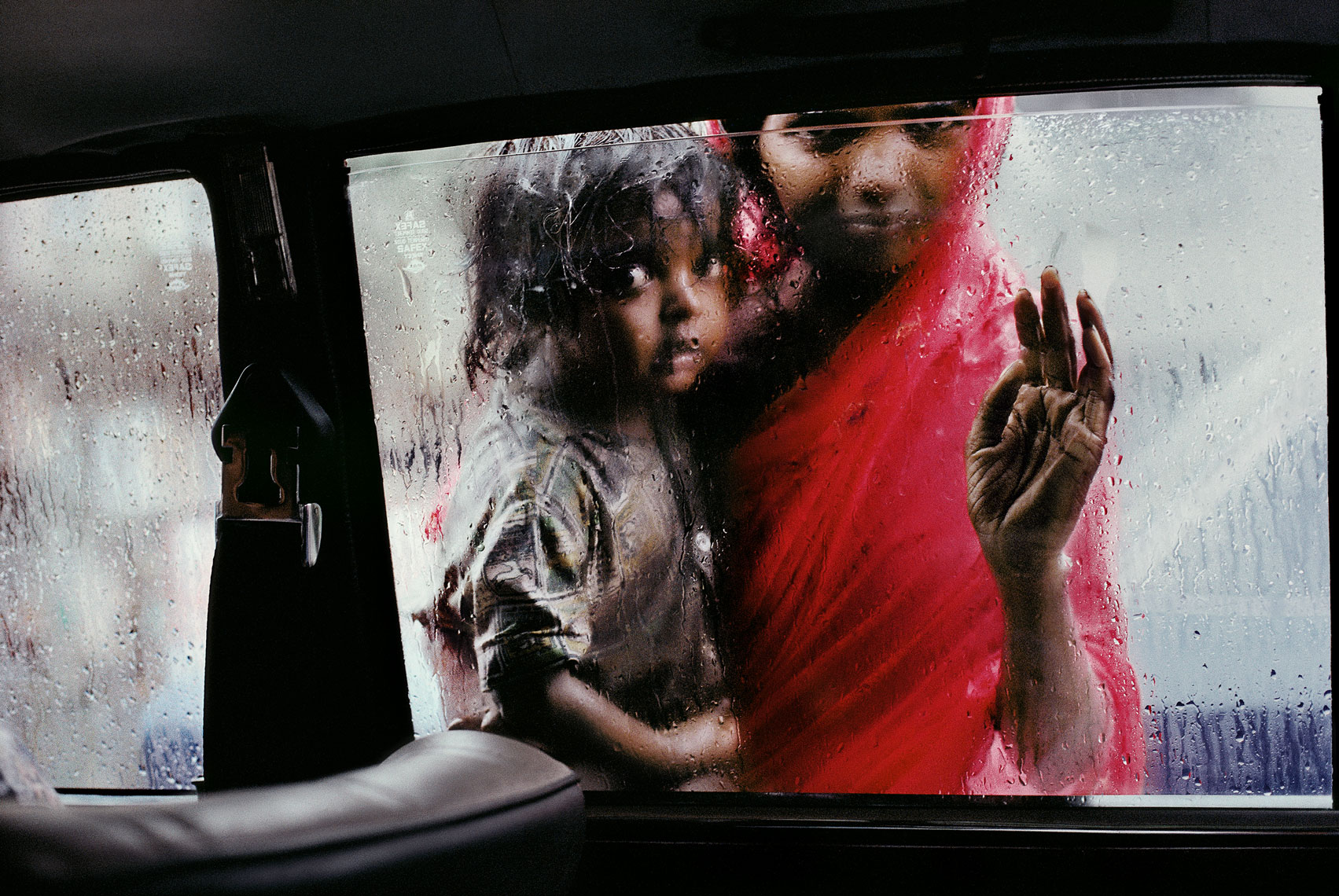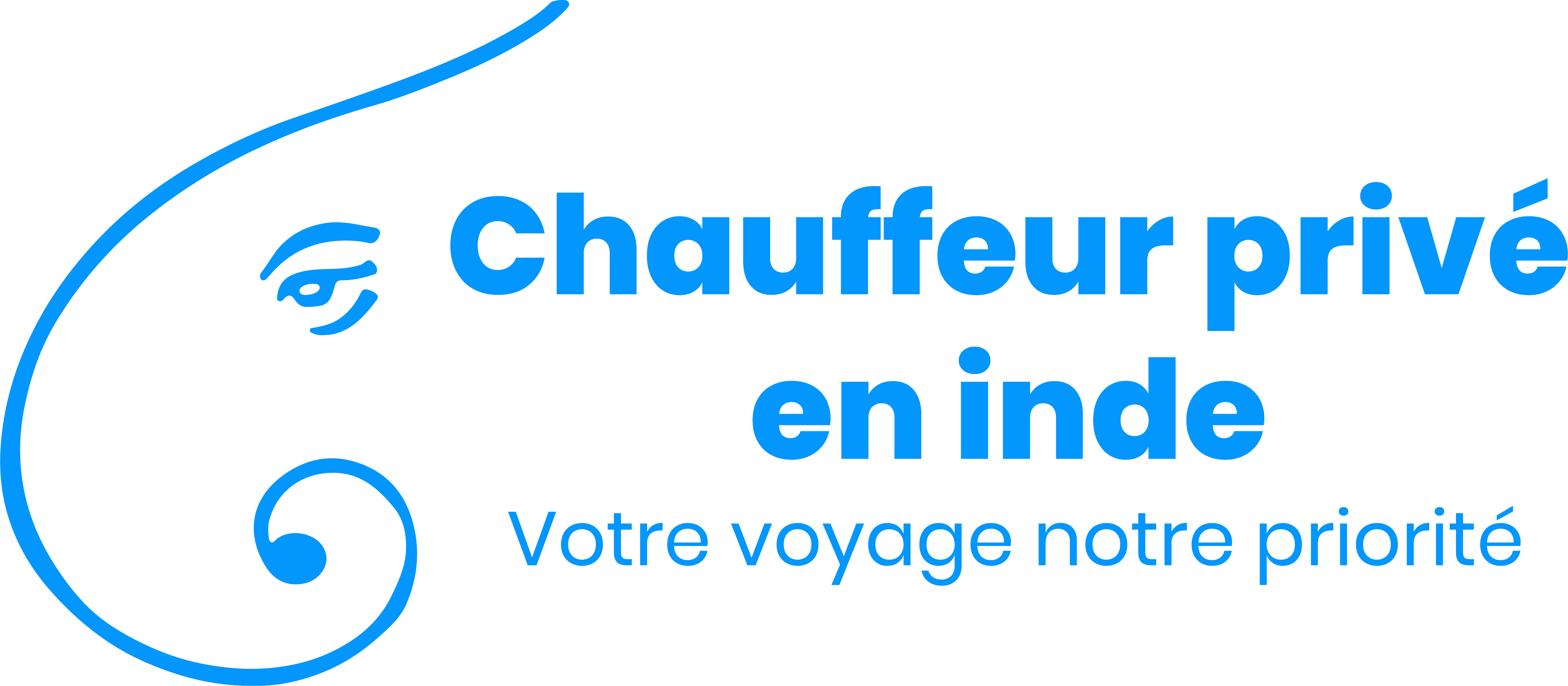
A short guide to dodge the clutter in India
Around the world, travelers are sometimes likely to fall into traps that can cost them dearly. In India too. Since a knowledgeable tourist is worth two, here are some classic scams from the populous Indian subcontinent and how to defuse them.
In Varanasi, your donations will go up in smoke
The scam: the inevitable and haunting city may be sacred, it does not only shelter saints. Around the places of cremation, along the ghats (stairs leading to the Ganges), rogues explain the ritual, and then claim to reap donations for poor families unable to pay the wood to burn the corpses.
The parade: everything is wrong, your gifts will remain in the crook’s pocket. Cut short these explanations and give in to nothing.
The priests of the holy muddle
The scam: some (pseudo-) Hindu priests of Indian holy cities (Pushkar, Varanasi, etc.) offer foreigners a bracelet or flowers, then ask to name loved ones to protect. Once our entire family is cited, the priest prays and then demands 100 rupees ($ 2) or more per person mentioned.
The parade: refuse flowers and bracelets. Argue that you practice another religion. At worst, just name one name.
The hotel to sleep
The scam: Did you book at the Shiva Family Inn? A few blocks away, you will surely find the Shiva Inn Family … at the same rate, but of much lower category. In short, the plagiarism of establishment names to create confusion is common.
The parade: check with a GPS that the address is correct, as well as the telephone number of the establishment.
Ghost trains
The scam: in the stations, a stranger will announce you that your train is canceled. What can be true! But if you are offered taxi, hotel or change of ticket, beware
The parade: check on the signposts, with the train number, as well as with the official agents behind the counters.
Touks-touks claiming « same-same »
The scam: Indian touk-tuks are extremely practical. But some drivers will try to drop you in front of a hotel other than yours, sometimes stating that the latter has closed. “Same-same,” they will say. Their real interest: collect a commission.
The parade: indicate immediately that a reservation has been made. Insist and refuse to pay extra if a detour has been made. FYI: The day rate is between 10 and 15 rupees per kilometer.
Not so sweet notes
The scam: caution, the 500 and 1000 rupees ($ 10 and $ 20) bills have recently been replaced, and the old denominations are no longer used. It is obviously these that we will try to pass you on.
The parade: memorize the appearance of the new notes. Also refuse any damaged ticket.
Improvised guides
The scam: in very tourist places visitors are asked by “guides” who want “no money” … for now. Once the visit is over, go to the shop of trinkets, and beware of the one who buys nothing.
The parade: politely refuse, but firmly to accompany you, from the beginning.
«Official» tourist offices
The scam: sooner or later, the traveler is directed to one of these offices proudly displaying their plate “Recognized by the government”. It is rather private agencies imposing exorbitant prices.
The parade: rely on your travel guide to locate the real official tourist office.
Jewels in the mail, a package of troubles
The scam: a jeweler wants you to send a package to Quebec, showing a generous commission. That done, a fake customs officer calls you, and the trouble begins. Recently, a fallen Quebecer was relieved of more than $ 10,000.
The parade: refuse net. Yet, many travelers fall into this rude trap every year.






